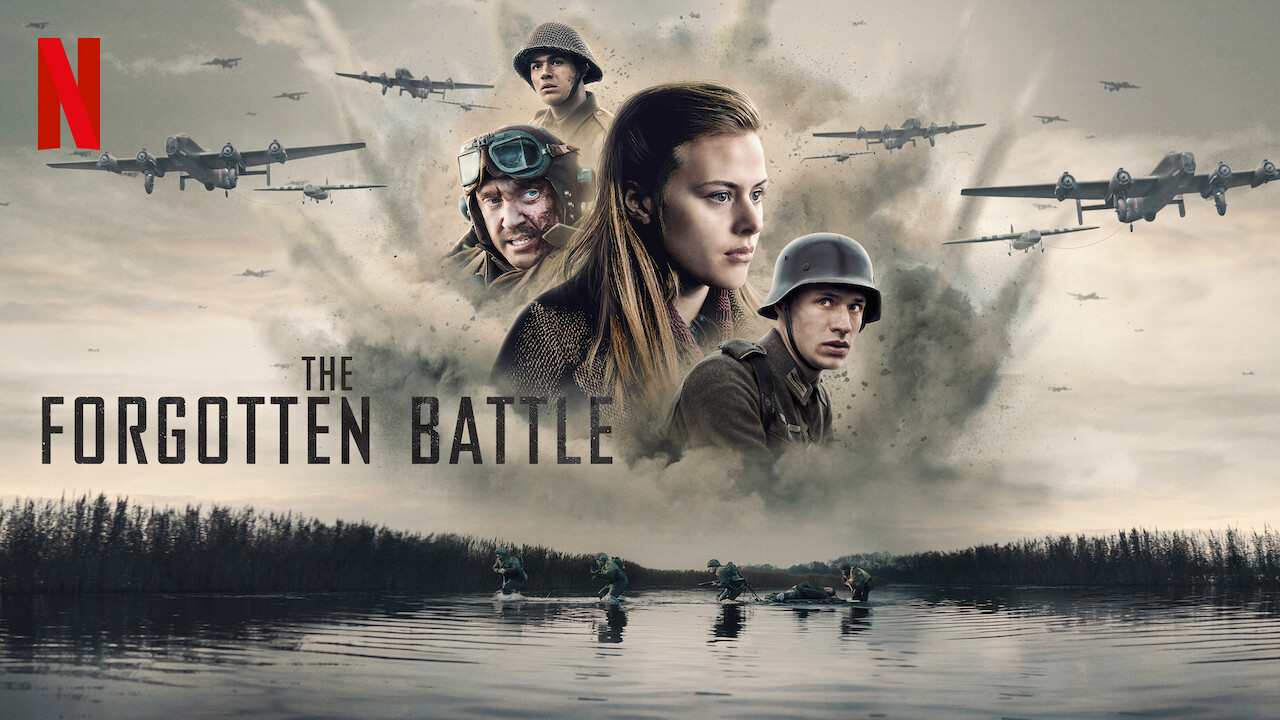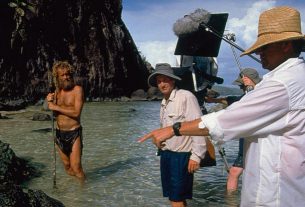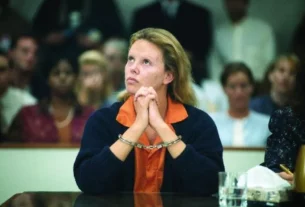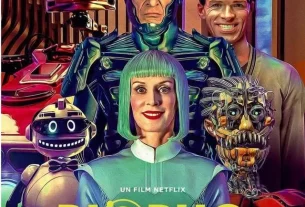In 1977, “A Bridge Too Far” reproduced the entire process of the Arnhem airborne battle, the largest in the history of world wars and known as “Operation Market Garden”.
“A Bridge Too Far” praised the heroic fighting of Allied soldiers and the Dutch resistance organization in a tragic and vigorous tone.
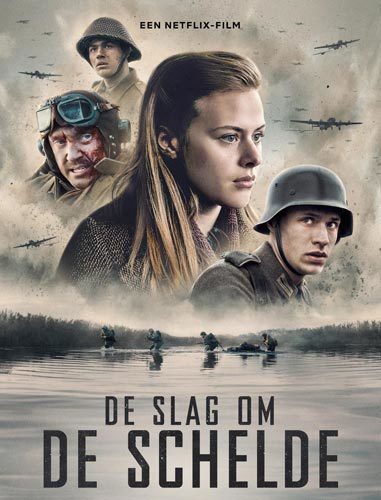
However, the embarrassment and tragic fate of the Allied paratroopers also made the audience realize that the generals’ mistakes in decision-making have brought huge disasters to the soldiers and civilians.
This film tells the cruel truth that “a successful (failed) battle must be built on the corpses of countless soldiers.”
More than forty years later, the film “The Forgotten Battle” focused on the Battle of Scheldt after the failure of Operation Market Garden.
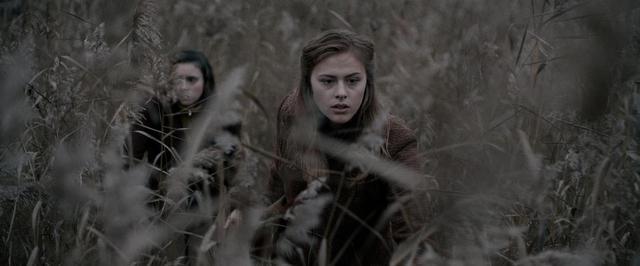
The scale and impact of this battle seem to be trivial, and it has never been known.
Therefore, the creator did not choose an epic grand narrative to restore the full picture of this battle.
“The Forgotten Battle” also has no intention of creating a realistic and shocking audiovisual bombing.
From a more humane perspective, the film shows how ordinary individuals of different camps are experiencing survival struggles and what mental tortures are enduring under specific war situations.
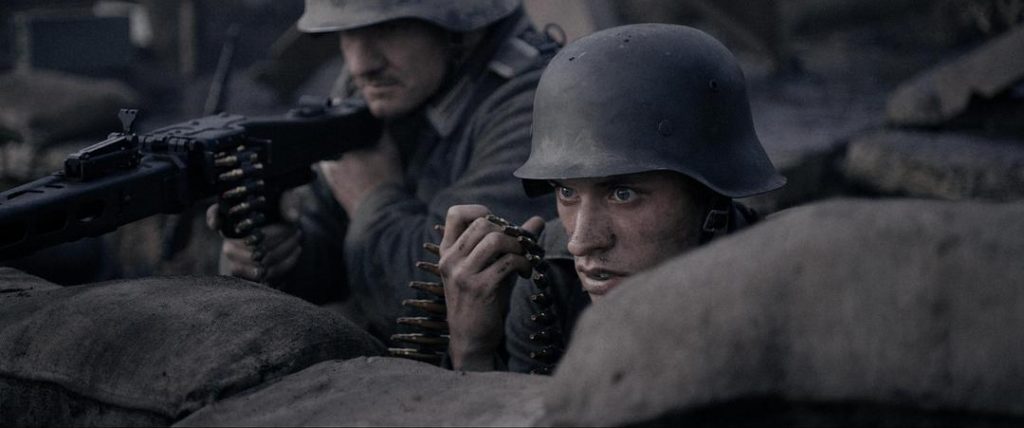
“The Forgotten Battle” has three protagonists: British pilot William Sinclair, Dutch soldier Marinus van Staveren in the German army, and Dutch girl Teuntje Visser.
From this, the film unfolds three narrative clues, piece together the general appearance and partial details of the battle, and interweaves shocking and thought-provoking human connotations.
Perhaps, in historical records, these “ordinary people” are “difficult to be elegant.”
They have no outstanding merits, their deeds are insignificant, and they often become cold numbers and are drowned in empty narratives.
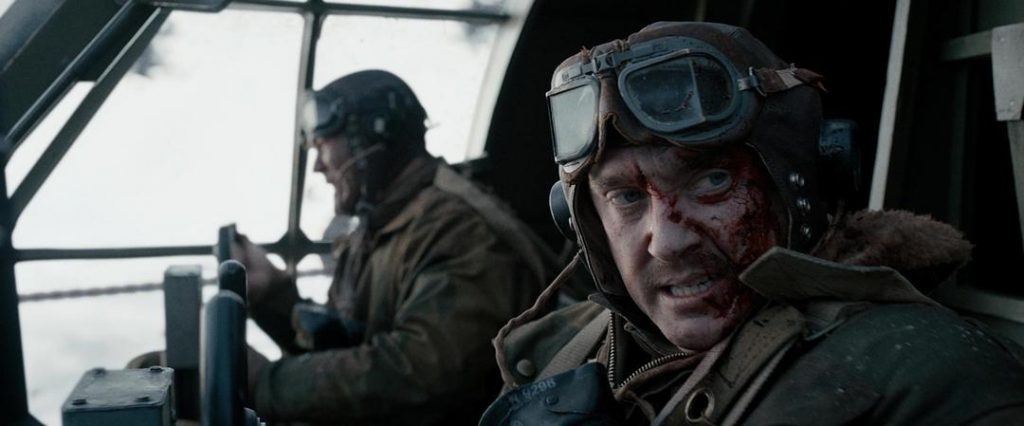
However, it is the destiny of countless ordinary people that weaves into a complicated historical landscape that even affects the direction and speed of the wheel of history.
“The Forgotten Battle” casts an affectionate glimpse of these “unknown people”. It not only reflects the deep humanitarian stand, but also highlights the delicate and authentic historical writing.
The film takes the eyes of three characters as the point of view, allowing the audience to understand the activities of the Dutch Resistance through the perspective of Teuntje Visser.
Get in touch with the combat experience of the Allied forces from the perspective of William Sinclair, and realize the cruelty and evil of the German army from the perspective of Marinus van Staveren.
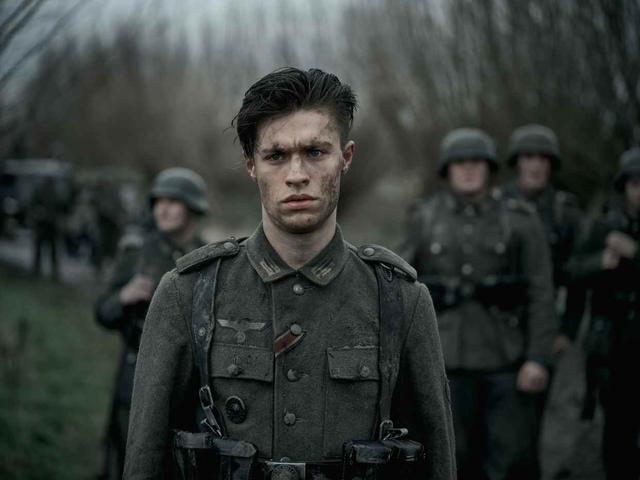
These three characters have their own trajectories, but their destiny and values have been profoundly rewritten as a result of this battle.
At the end of “The Forgotten Battle”, Marinus van Staveren rescued Teuntje Visser from the gun, but he was shot several times.
William Sinclair happened to witness Teuntje Visser helplessly stop the bleeding of Marinus van Staveren. This was the first and last time the three had an intersection.
The gathering and dispersal of the three is like the collision of the fate of countless people in the war, with unspeakable fate and tragic fate.
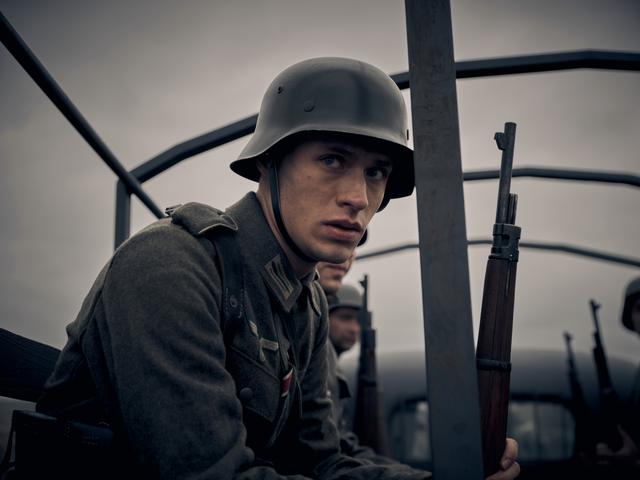
The three of them even talked about the cruelty and absurdity of the war, and they also witnessed the humanity that was not annihilated in the killing.
Because, Marinus van Staveren executed the order to shoot Teuntje Visser’s brother, but now he saved Teuntje Visser.
Marinus van Staveren once let William Sinclair live on the battlefield, but in a blink of an eye, William Sinclair saw him die.
The most moving part of “The Forgotten Battle” is not those battle scenes, but the psychological arcs completed by the characters in the war.
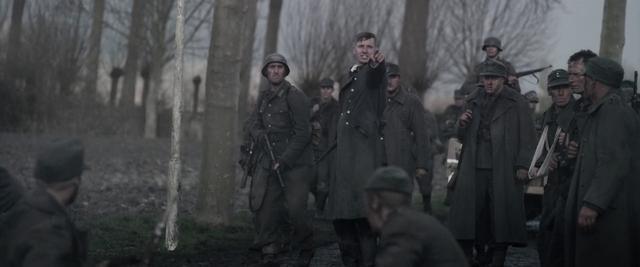
Teuntje Visser initially felt that the war was so far away from her that it had no effect on her daily life.
However, when her younger brother was wanted by the Germans and was brutally murdered, she realized that Guobao and family death are closely related to each other.
So she took the initiative to send intelligence to the resistance organization.
The surviving Teuntje Visser is destined to live forever under the stigma of war, and she may have a deeper understanding of the relationship between individuals and their home countries.
There is also William Sinclair, who once had a romantic and gamified vision of war.
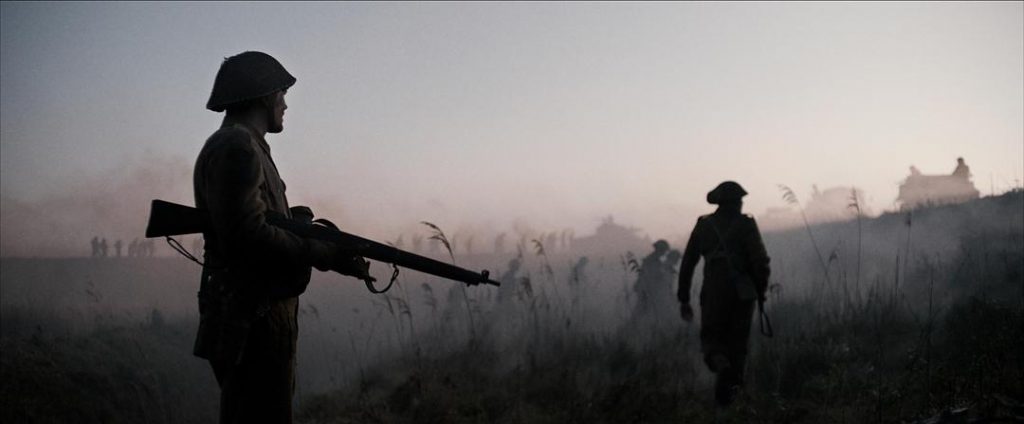
He even took part in the battle with an eagerness to show his rebellious mentality instead of being protected by his father.
However, during that breakout trip, he saw a subtle change in people’s hearts in a state of unpredictable life and death.
Some will flee, some will retreat in the face of difficulties, and some will be firm and fearless.
There is also Marinus van Staveren, who has been trying to maintain a simple humanity and normal humanity on the battlefield.
However, he was deeply moved by the ruthlessness of the German army and the impermanence of the Dutch people.
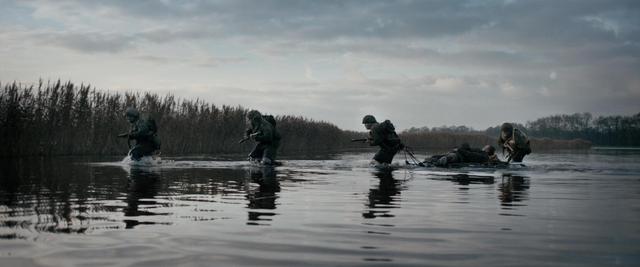
Marinus van Staveren finally chose conscience in a strong mood of war exhaustion.
“The Forgotten Battle” has a distinctive anti-war color, but this kind of “anti-war” does not use King Kong’s angry posture to accuse the war of harm to the individual’s body and mind.
The film tries to avoid showing the tyranny of war in fierce dramatic conflicts and stimulating scenes. It loves to be in a daily atmosphere.
“The Forgotten Battle” uses nearly documentary techniques to calmly and restrain the individual’s living and mental states.
For example, Teuntje Visser and his father ran in vain to rescue Dirk, William Sinclair and four comrades in arms broke through anxiously after a crash landing, and Marinus van Staveren suffered inner pains repeatedly during the war.
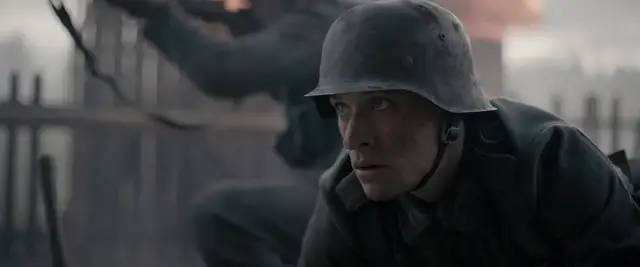
In these scenes, the situation of the characters is certainly urgent, dangerous and suffering.
However, in the external movements, he was tolerant and low-key, even numb and calm, and did not have the opportunity to express the emotional opening and closing.
This is the narrative style that “The Forgotten Battle” strives to create.
The film puts the audience in a dramatic situation of “external looseness and internal tightness”. It makes war a background factor and highlights the common pain experienced by characters from different camps.
War has swallowed life and conscience, and war has magnified the gloom and weakness of people’s hearts.
This is the success of “The Forgotten Battle”.
It did not make the audience blindly immersed in the joy of victory with anti-fascism pride.
“The Forgotten Battle” allows the audience to see the destiny and inner ups and downs of specific individuals in the war from a more realistic survival situation.
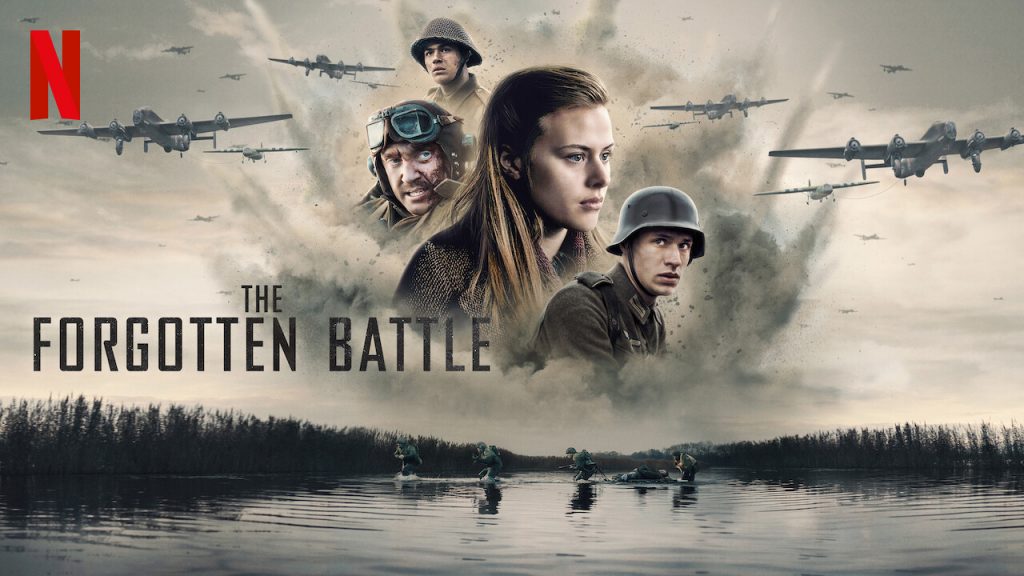
“The Forgotten Battle” does not favor those names that are prominent in history, but has the meaning of writing for ordinary people.
It also expresses the compassionate feelings of ordinary people being crushed in the war machine.
This can be understood, why the tone of “The Forgotten Battle” is cold, there is no highlight and warm tone, but the whole process is in a gray state.
The cold weather makes people shudder, and the depression around makes people feel depressed.
“The Forgotten Battle” also uses a lot of night scenes and interior scenes to create a sense of suffocating heaviness.
There are also those battle scenes, which never give people a sense of heroism, but make people feel inexplicably lonely and solemn.
The characteristics of these audiovisual languages just show that “The Forgotten Battle” attempts to restore the true face of the war, and restore the real situation and mentality of people in the war.
It wants the audience to realize that the helplessness of people in war, the fragility of human hearts in war, and the complexity of human nature in war are so peaceful and thrilling.
Of course, “The Forgotten Battle” is overly pursuing an overly cool narrative tone, while at the same time wanting to show a documentary style of video. It maintains an alienated and caring attitude towards the three protagonists.
This helps to avoid creating a momentary emotional climax through sensational scenes.
“The Forgotten Battle” encourages the audience to enter the depths of history with a calm attitude, enter the subtleties of ordinary people, and feel the influence of war on the destiny of the individual and the impact on the individual’s soul.
However, this kind of “separation” effect is after all a double-edged sword, which will affect the audience’s sense of identity with the characters, and will also weaken the sense of suspense between the development of the plot and the fate of the characters.
The characters of the three protagonists in the film are slightly thin, lacking charisma and psychological depth.
This causes the audience to be indifferent and relaxed in the whole process of watching the movie. It is difficult to have an empathy effect on the characters, and they are not worried about the direction of the plot.
These have actually reduced the emotional appeal and ideological appeal of “The Forgotten Battle”.
